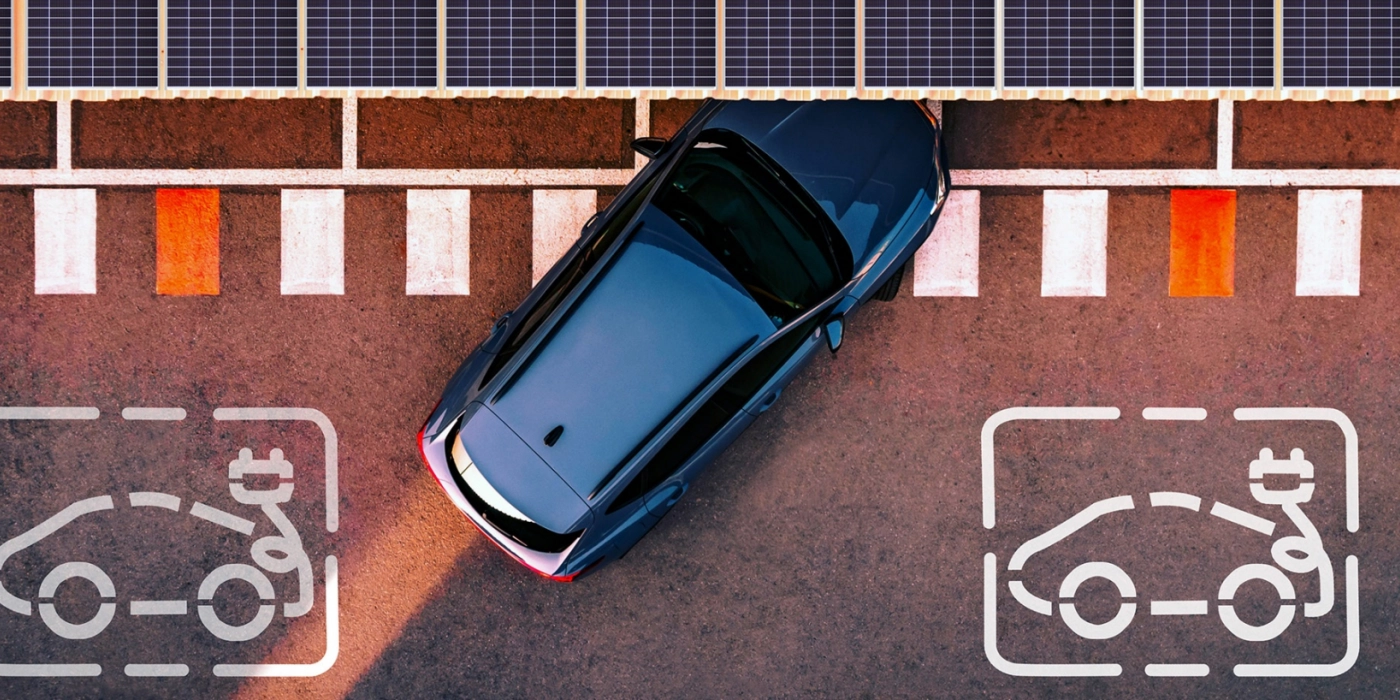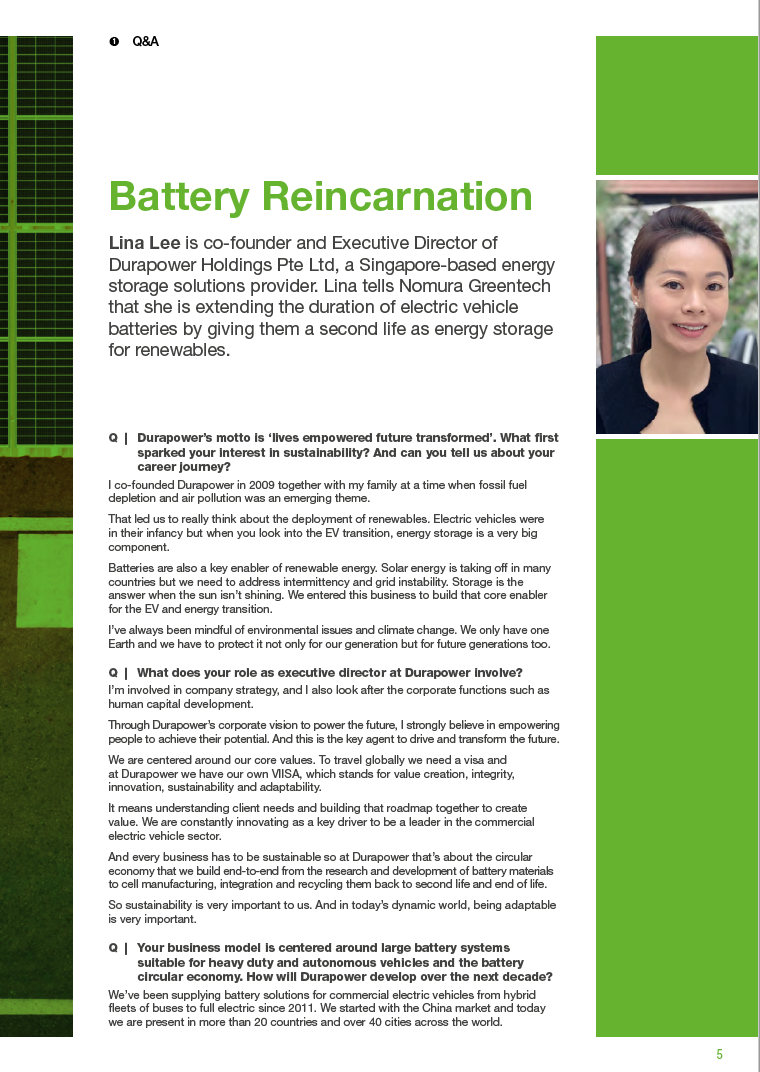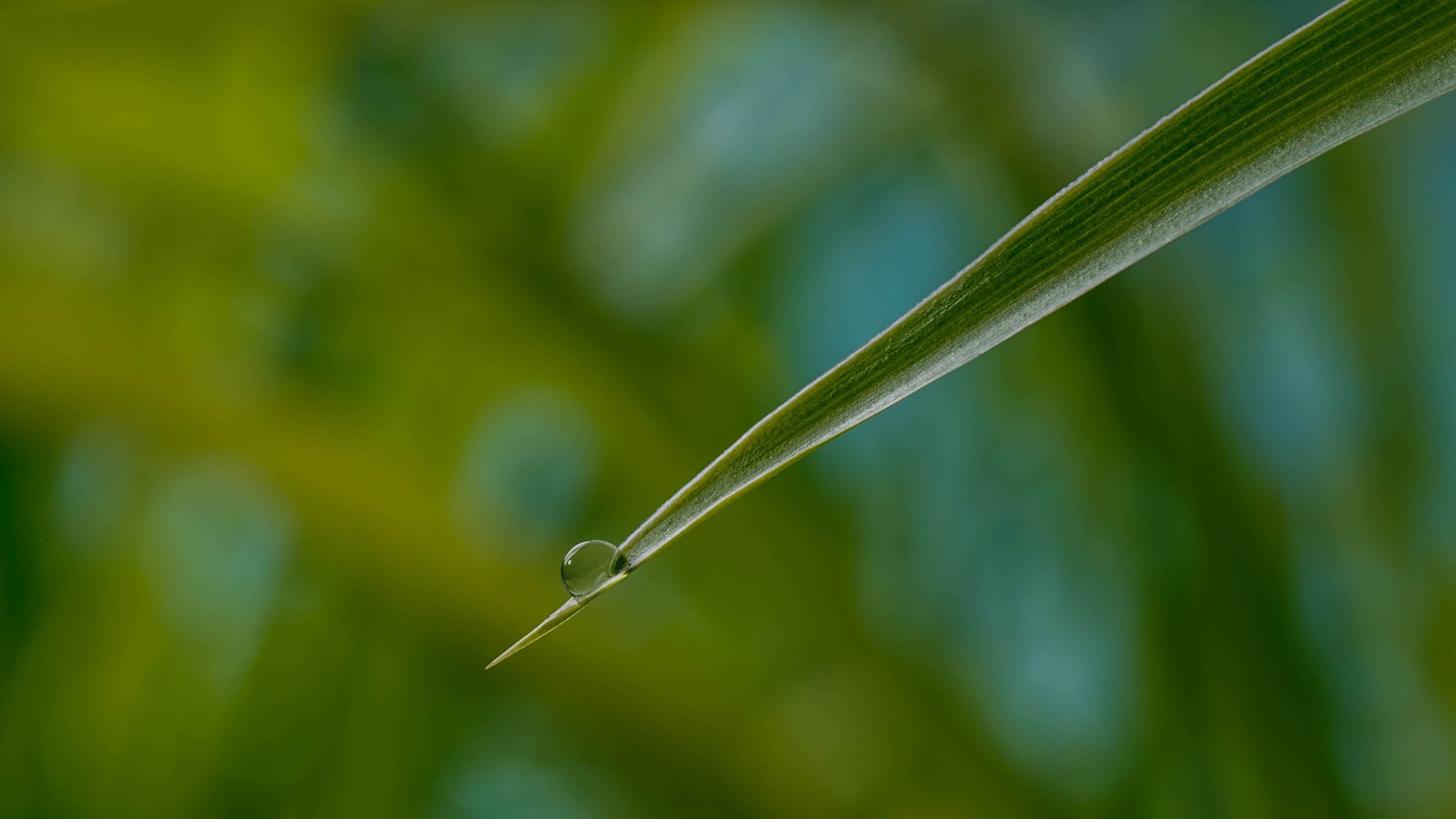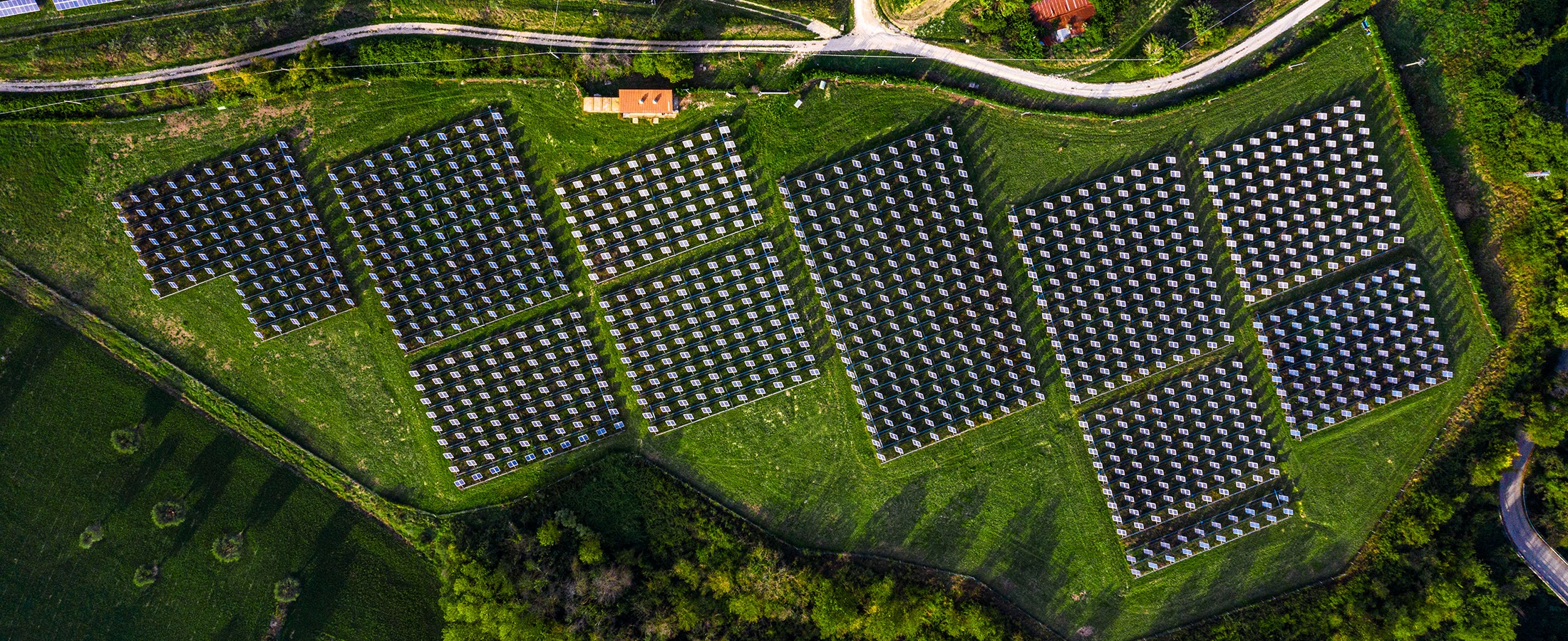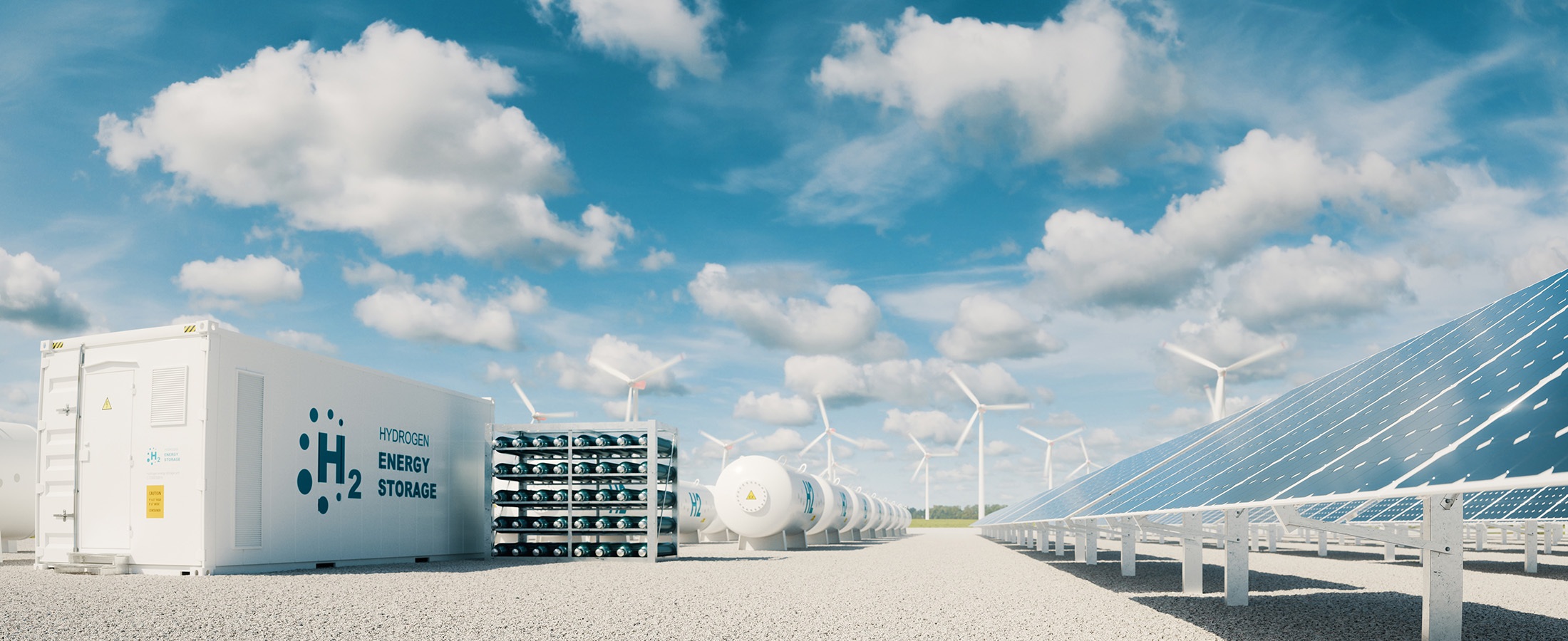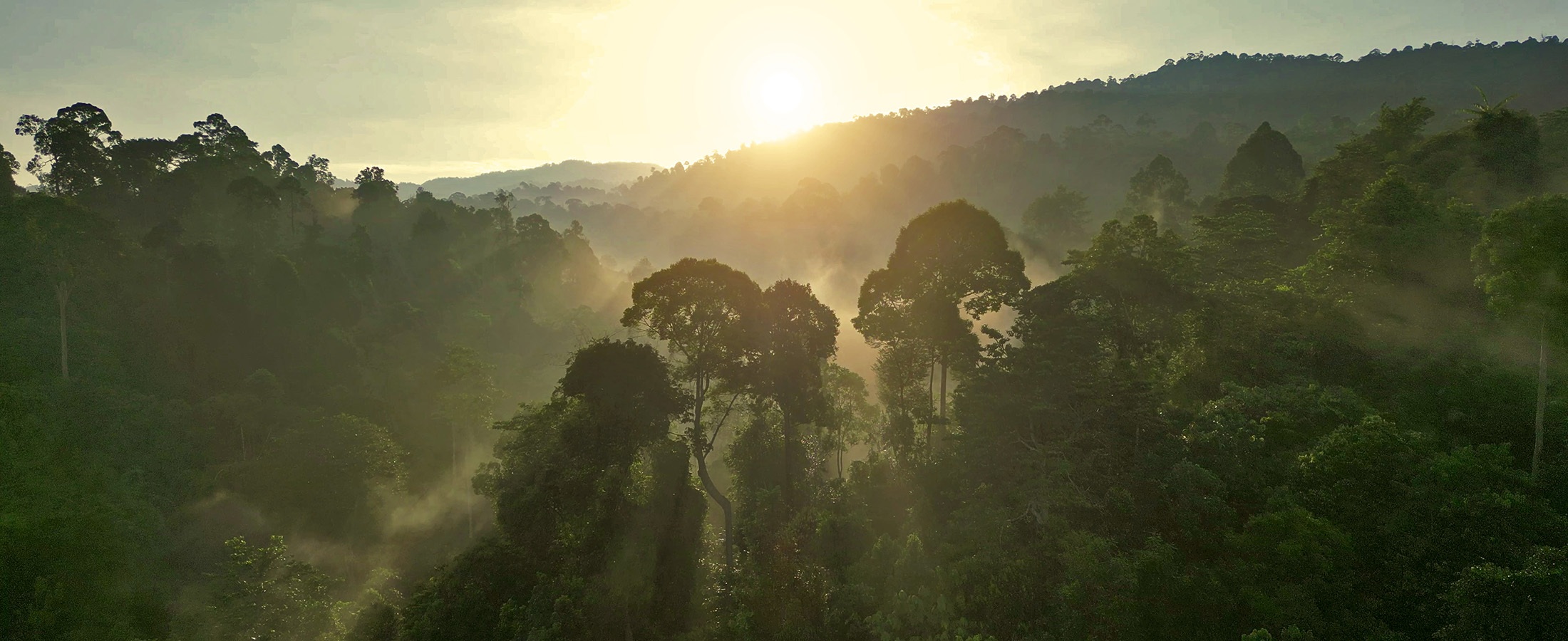-
Solar energy is taking off in many countries but we need to address intermittency and grid instability. Storage through batteries is the answer when the sun isn’t shining
-
Marine electrification is progressing rapidly amid a realization that sea transportation is also a big source of pollution and destroys precious marine life
-
Once batteries reach 60-80% efficiency they are no longer used in the automotive industry but they are viable for stationary storage to support renewable energy
Durapower’s motto is ‘lives empowered future transformed’. What first sparked your interest in sustainability? And can you tell us about your career journey?
I co-founded Durapower in 2009 together with my family at a time when fossil fuel depletion and air pollution was an emerging theme.
That led us to really think about the deployment of renewables. Electric vehicles were in their infancy but when you look into the EV transition, energy storage is a very big component.
Batteries are also a key enabler of renewable energy. Solar energy is taking off in many countries but we need to address intermittency and grid instability. Storage is the answer when the sun isn’t shining. We entered this business to build that core enabler for the EV and energy transition.
I’ve always been mindful of environmental issues and climate change. We only have one Earth and we have to protect it not only for our generation but for future generations too.
Through Durapower’s corporate vision to power the future, I strongly believe in empowering people to achieve their potential. And this is the key agent to drive and transform the future.
Your business model is focused on large battery systems suitable for heavy duty and autonomous vehicles. How will Durapower develop over the next decade?
We’ve been supplying battery solutions for commercial electric vehicles from hybrid fleets of buses to full electric since 2011. We started with the China market and today we are present in more than 20 countries and over 40 cities across the world.
We are headquartered in Singapore and have our manufacturing base in China, with immediate plans to build global manufacturing facilities. We have more than 450 employees, a big presence in Europe and plans to grow there to be closer to our clients.
We recently announced a joint venture in Thailand for battery assembly set up.
You recently supplied batteries for the world’s first automated port and hybrid ferry. What were the challenges?
Battery technology has grown leaps and bounds but there’s still much room for improvement. We have different battery solutions for different applications. In commercial fleet operations, a critical factor compared to regular passenger vehicles is the total cost of ownership which means fast charging capability to reduce downtime, and lightweight batteries that reduce the weight load and space for more passengers and goods.
For port operations, we have been supporting the PSA Singapore (Port of Singapore Authority) since 2012 starting with two hybrid diesel- electric automated guided vehicles (AGVs) to now fully electric AGVs.
In 2020 we started developing marine applications for our battery solutions. We built on the technology during the Covid-19 pandemic when everybody was in lockdown.
Singapore’s first hybrid ferry, equipped with Durapower’s lithium-ion battery solution, operates in the Singapore waters, and we also power fully electric vessels operating in Thailand.
Marine electrification is progressing rapidly amid a realization that sea transportation is also a big source of pollution and destroys precious marine life.
Are you concerned about mineral shortages and price spikes in lithium considering the importance of energy storage in the green transition?
The supply chain crunch has been a big topic over the past year and we have seen volatile prices for battery materials. It suggests demand outstripping supply as multiple companies look to scale up fast.
There was a time lag as the upstream exploration and extraction companies couldn’t match the demand from downstream producers. But I expect this to resolve itself over the next few years as more mineral processing comes into development.
We are agnostic in terms of materials. As part of our future roadmap, we continue to invest in R&D to create next generation batteries that are less reliant on scarce resources.
Singapore recently announced a net zero 2050 target. What role can Durapower play as a domestic company in helping achieve that milestone and how important are public-private partnerships to achieve your goals?
In Singapore, emissions are dominated by industry and energy sectors. For green public transportation, the Land Transport Authority aims to electrify half of its public bus fleet by 2030.
Singapore has set a goal to deploy 60,000 electric vehicle charging points by 2030 and Durapower foresees a role in helping the government reach that target. We have proposed solutions to integrate our energy storage with their charging infrastructure to reduce the burden on the grid.
Public-private partnerships play a crucial role in terms of funding support for pilot projects as proof of concept. We have co-invested with the Singapore government and Institutes of Higher Learning to set up a battery material research lab to house research outcomes and key intellectual property. We are working with our partners to establish local supply chains and mass production of the new generation batteries within the region.
You have an arm that provides a second life for used batteries. Is that a significant growth area given the increase in old batteries from EVs? And how far away are we from achieving a circular economy in the battery industry?
Once batteries reach 60-80% efficiency they are no longer used in the automotive industry but they are viable for stationary storage to support renewable energy. This gives them a second life in an economical and sustainable way.
Our digital platform, DP Pulse, was launched recently. It leverages data science and machine learning to extract value from data collected by batteries, enables battery owners to make data-driven decisions to improve battery life, health and performance, and enables predictive maintenance, failure prevention and replacement planning.
DP Pulse can help optimize the use of these second life batteries to maximize performance and prolong the life of the battery system.
It’s a very interesting market but it’s still at a nascent stage. Second life batteries also have the potential to benefit the underprivileged. In Southeast Asia, some rural communities have no access to a clean and stable source of electricity so used EV batteries can help support rural electrification.
Certain battery materials are more valuable than others when it comes to recycling them back into raw materials. We are researching how to return them to the value chain as a circular economy solution.
Disclaimer
This content has been prepared by Nomura solely for information purposes, and is not an offer to buy or sell or provide (as the case may be) or a solicitation of an offer to buy or sell or enter into any agreement with respect to any security, product, service (including but not limited to investment advisory services) or investment. The opinions expressed in the content do not constitute investment advice and independent advice should be sought where appropriate.The content contains general information only and does not take into account the individual objectives, financial situation or needs of a person. All information, opinions and estimates expressed in the content are current as of the date of publication, are subject to change without notice, and may become outdated over time. To the extent that any materials or investment services on or referred to in the content are construed to be regulated activities under the local laws of any jurisdiction and are made available to persons resident in such jurisdiction, they shall only be made available through appropriately licenced Nomura entities in that jurisdiction or otherwise through Nomura entities that are exempt from applicable licensing and regulatory requirements in that jurisdiction. For more information please go to https://www.nomuraholdings.com/policy/terms.html.
